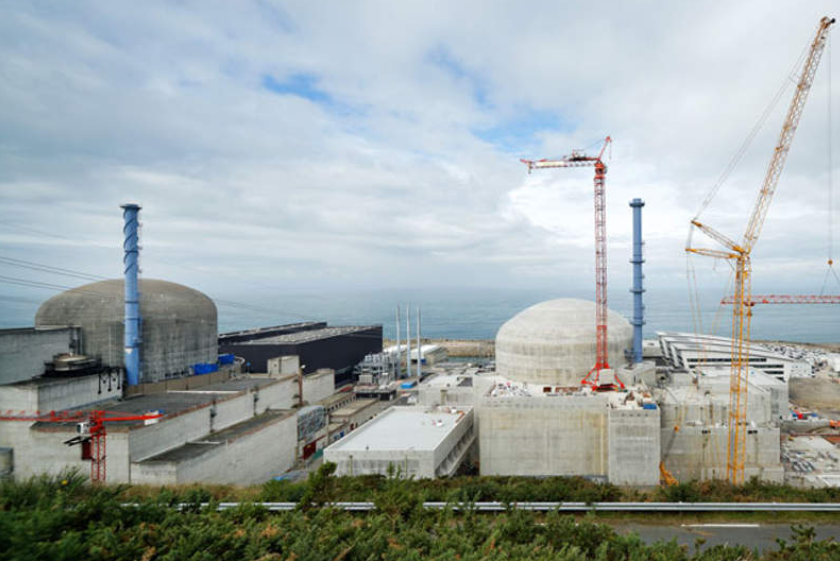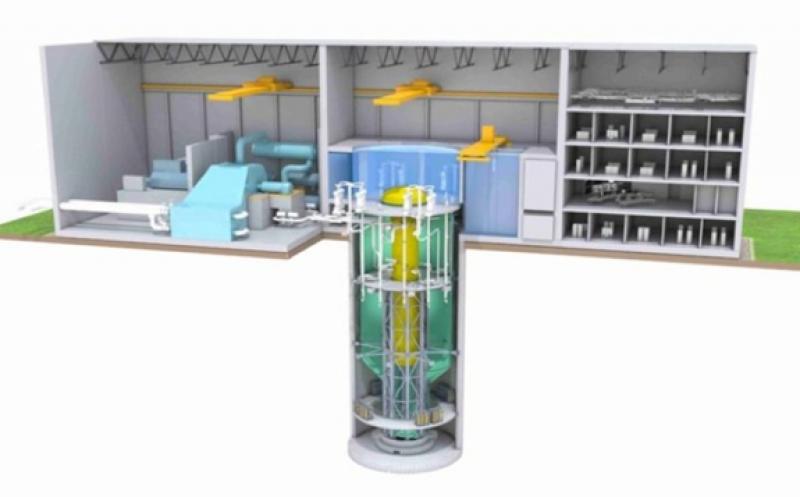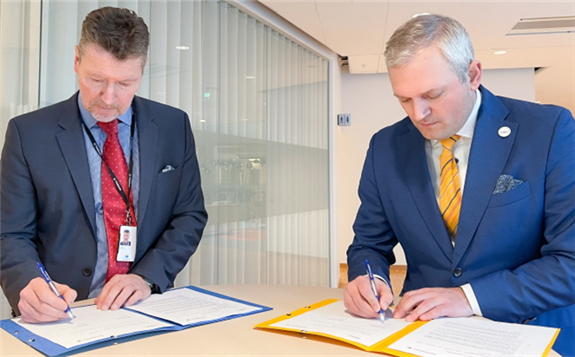 The Flamanville nuclear power plant contains what will be Europe’s largest pressurised reactor.Credit:EDF
The Flamanville nuclear power plant contains what will be Europe’s largest pressurised reactor.Credit:EDF
French energy company EDF announced on 9 October 2019 that construction of its flagship Flamanville nuclear power plant will see a spending increase of $1.6bn (€1.5bn), bringing the total construction cost to €12.4bn.
The Flamanville nuclear power plant contains what will be Europe’s largest pressurised reactor with the world’s largest steam turbine, which is expected to supply 1,750MW of electricity when completed. The project is estimated to have a thermal output of 4,300 megawatt thermals and generate 13TW hours of electricity a year.
The additional costs are to repair 66 faulty welds, consisting of 58 welds with quality deviations or not in compliance with safety requirements on the secondary system, and eight containment penetration welds that the Nuclear Safety Authority (ASN) asked the company to repair on 19 June 2019.
EDF plans to repair the welds using remote-operated robots designed for “high precision operations” inside the piping, and aims to secure permission from the ASN by the end of 2020 to go ahead with this plan. The company has also planned a secondary repair scenario, based on extraction and realignment works in its Safeguard Auxiliary Buildings, as a contingency plan.
The repairs to the Flamanville plant will delay fuel loading, with EDF expecting fuel loading to take place in late 2022. In the context of these delays, EDF has increased its net total investment target from €15bn to €15.5bn for 2020.
EDF had to previously revise its development schedule for Flamanville in July 2018 following the discovery of deficiencies in the welds, moving fuel loading from the fourth quarter (Q4) of 2018 to Q4 2019. The delays are the latest to hit the project, which was initially expected to begin commercial operations in 2013, following six years of construction.
This revision increased also construction costs from €10.5bn to €10.9bn.
The company also announced a spending increase of between £1.9bn to £2.9bn for the Somerset-based Hinkley Point C nuclear power plant in September 2019 due to challenging ground conditions, increasing the overall bill to between £21.5bn and£22.5bn.




